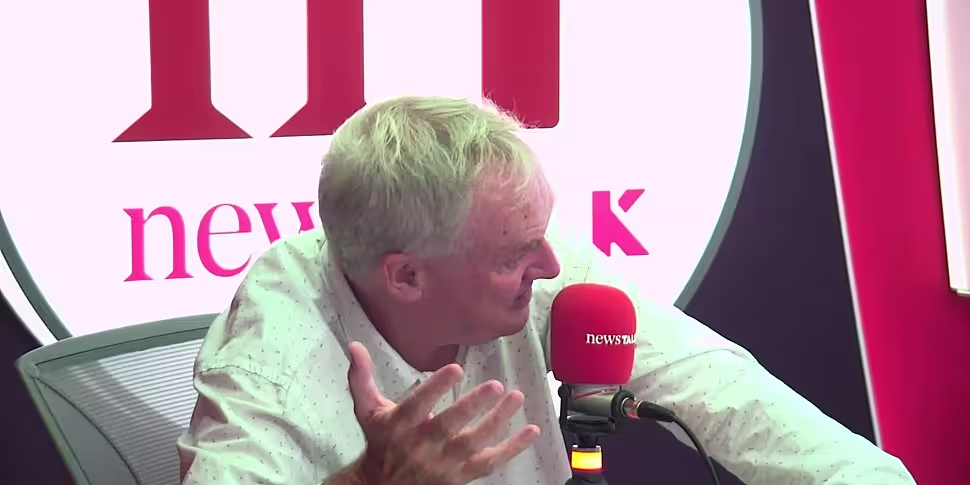A new vaccine that seeks to turn off the immune system to fight autoimmune diseases has been developed, according to Trinity Professor Luke O’Neill.
There now may be a way to fight the spread of autoimmune diseases, as scientists in Chicago have developed an 'inverse' vaccine.
Speaking to The Pat Kenny Show, Professor O'Neill said vaccines typically "get the immune system going to attack a virus" but the inverse vaccine will "turn the immune system off".
"MS, diabetes, lupus, rheumatoid, all these are all from your own body, your own immune system is attacking your own tissues," he said.
"The trick has been, 'Can you switch that off in a safe way?' and now this group in Chicago have a way to do it.
"It's causing great excitement."
Professor O'Neill said a lot of the existing treatment for autoimmune conditions involves dampening down the immune system as a whole, leaving patients susceptible to infection.
"You're suppressing the immune response risk of infection ... and risk of cancer because your immune system is also killing tumours," he said.
"That global approach can work and relieve some of the symptoms but isn't isn't really the answer.
"Now, if you know what part of the immune part of the body is being attacked ... the immune system eats into that and now the nerves start to short-circuit."
The liver
Professor O'Neill said the vaccine works by targeting the liver.
"The liver can turn off the immune response, interestingly," he said.
"The reason we think is is when you eat food, you don't want to overreact to proteins in your diet – they go to the liver and then the immune system against them is turned off.
"[The scientists] modified myelin to make it look like foodstuff and that went to the liver, and that turned off the T-cells – the immune system."
 A man showing his arm with a bandage after receiving a vaccine. Picture by: Oleg Elkov / Alamy Stock Photo
A man showing his arm with a bandage after receiving a vaccine. Picture by: Oleg Elkov / Alamy Stock PhotoWhile the vaccine has not yet been tested on humans, Prof O'Neill said the data is "very compelling".
"We'd love to get a therapy that would work in later stage MS, of course, but at the moment, this is about getting early, early treatment," he said.
"The hope would be then you trigger this, suppress the immune response, the attack is now off, and the body has a chance now to heal itself.
"You might have a situation where you begin to develop symptoms of one of these diseases, you go and see your GP, they diagnose type 1 diabetes, and you're given a vaccine.
"Can you believe it? One shot and that then will dampen down the whole response.
"Some vaccines last for years, you might have to get a booster, occasionally, potentially would be on the horizon.
"It could be the same price as a vaccine – vaccines aren't that expensive – so it could be really cost-effective."
You can listen back here:









